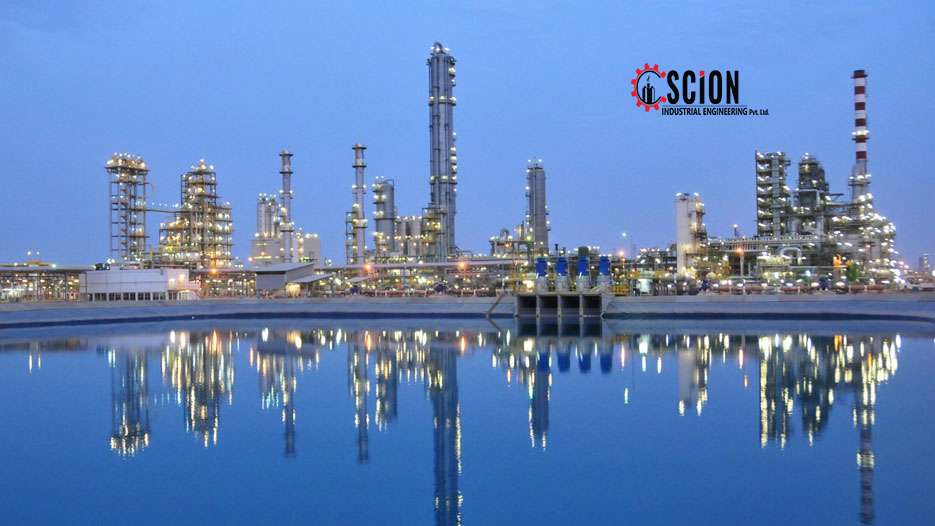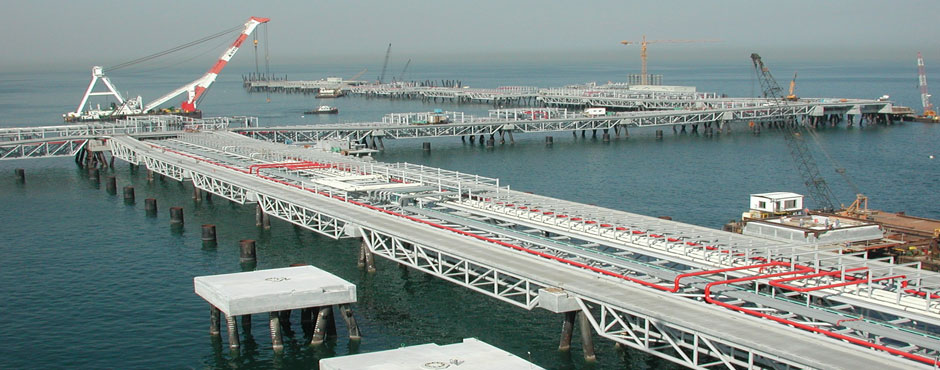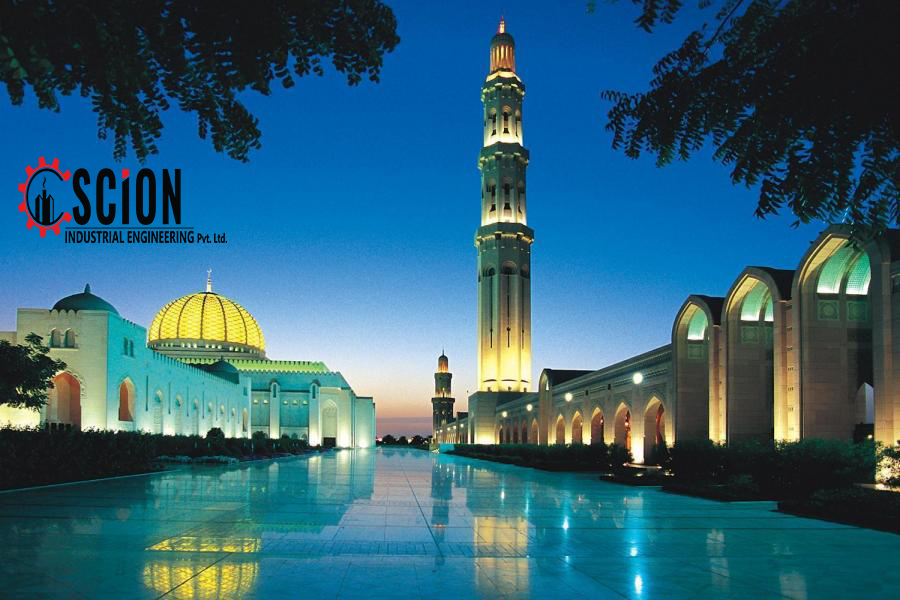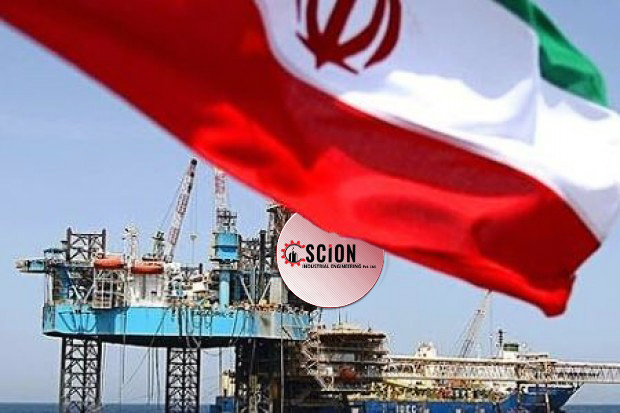Saudi Arabia is moving ahead with plans to curtail its dependence on foreign labour, but the intended benefits haven’t yet trickled down to the country’s own nationals as intended.
Expat jobs declined by 2.3 percent, or 234,191 over the first three months of 2018 to just over 10.18 million, according to results revealed by the country’s General Authority for Statistics.
However, Saudi Arabia’s unemployment rate for nationals over the age of 15 creeped up to 12.9 percent, up from 12.8 percent in the fourth quarter of 2017.
A closer look at the results shows that Saudi Arabia’s male and female workforce participation rates registered increases, now amounting to 63.5 percent and 19.5 percent of each gender’s active and employable population.
Those increases contrast with unemployment rates for each: Saudi women’s unemployment rate decreased during the quarter to 30.9 percent from 31.10 percent in the fourth quarter of 2017; the unemployment rate for Saudi men increased to 7.6 percent during the same period.
Saudi Arabia’s Ministry of Labour and Social Development issued a new decree earlier in the year limiting retail and other operational jobs in 12 different sectors to Saudi nationals.
The country’s Ministry of Civil Service has also announced it wants only nationals to staff roles in its public sector.
The nationalisation initiatives are intended to create over 1 million jobs over the next decade.
But the latest measures from the state of Saudi Arabia’s workforce show that the total number of workers in the Kingdom has actually declined by 247,628 to 13,333,513.
Unemployment across the country, including rates for both nationals and expats, has risen to 6.1 percent in the first quarter of 2018 from six percent in the last quarter of 2017.
Source:https://www.arabianbusiness.com/politics-economics/400163-saudi-unemployment-increases-despite-decline-in-expat-workers





